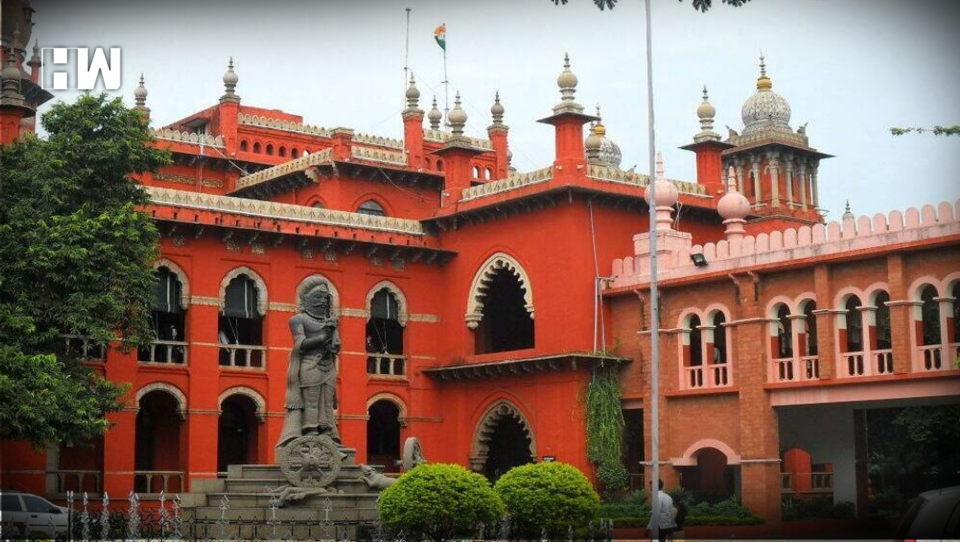The HC bench was hearing a PIL petition filed by Madurai MP Su Venkatesan who approached the Court after he received a reply from the Centre in Hindi to a representation made by him in English.
The Madras High Court on Friday told the Centre, that linguistic fanaticism is dangerous and it is duty-bound to communicate in English with those states that have not adopted Hindi as their official language.
“Any kind of fanaticism is not good for any society. Fanaticism, in any form, is to be condemned, if it is exhibited. Linguistic fanaticism is more dangerous as it would give an impression that one language alone is superior and being imposed upon the people speaking different languages,” the bench of Justices N Kirubakaran (now retired) and M Duraiswamy observed.
Citing section 3 of the Official Languages Act 1963 and the Official Language Rules 1976, the High Court said, “Once a representation is given in English, it is the duty of the Union Government to give a reply in English only which will also be in consonance with the statute, viz., the Official Languages Act.”
The bench was hearing a public interest litigation petition filed by Madurai MP Su Venkatesan who approached the Court after he received a reply from the Centre in Hindi to a representation made by him in English.
He had earlier received reply in Hindi from the Union Home Ministry in response to a query regarding setting up examination centres for CRPF recruitment in Tamil Nadu. In his plea, the MP had sought a direction to the Centre that it should use only English language in all communication between Central and state governments.
Also read: At The Cost Of Rs 1,160 Crore To State, Petrol Price Cut By 3 Rupees In Tamil Nadu
“Different ethnic, linguistic and cultural identities have to be protected and any attempt to destroy and disturb the same may become sensitive issues,” the court said, while appreciating the Centre’s recognition of the importance of one’s mother tongue or language in the National Education Policy.
“When such is the importance given to the languages of the country, it seems that a few officials in the Respondent Government either without understanding the sensitivity of the issue or by inadvertence, are bent upon using Hindi in communications and other official matters,” the Court said.
“To put it in other words, the official language of India (Hindi) cannot be used for official correspondence with the State of Tamil Nadu. When the Act of Parliament states about the use of English language for official purpose of communication between the Union and the States which have not adopted Hindi as their official language, the Central Government is duty-bound to follow the enactment,” the Court observed.
The court further said that if a representation is given as per Article 350 of the Constitution, reply should be given in the same language, “so that, the people could understand the information”. “This Court hopes that the Central Government would seriously consider to amend Article 350, so that, not only representation is given in the languages of the Union or the States, but also reply is given in the same language used by the citizens,” the Court said.
As an independent media platform, we do not take advertisements from governments and corporate houses. It is you, our readers, who have supported us on our journey to do honest and unbiased journalism. Please contribute, so that we can continue to do the same in future.

